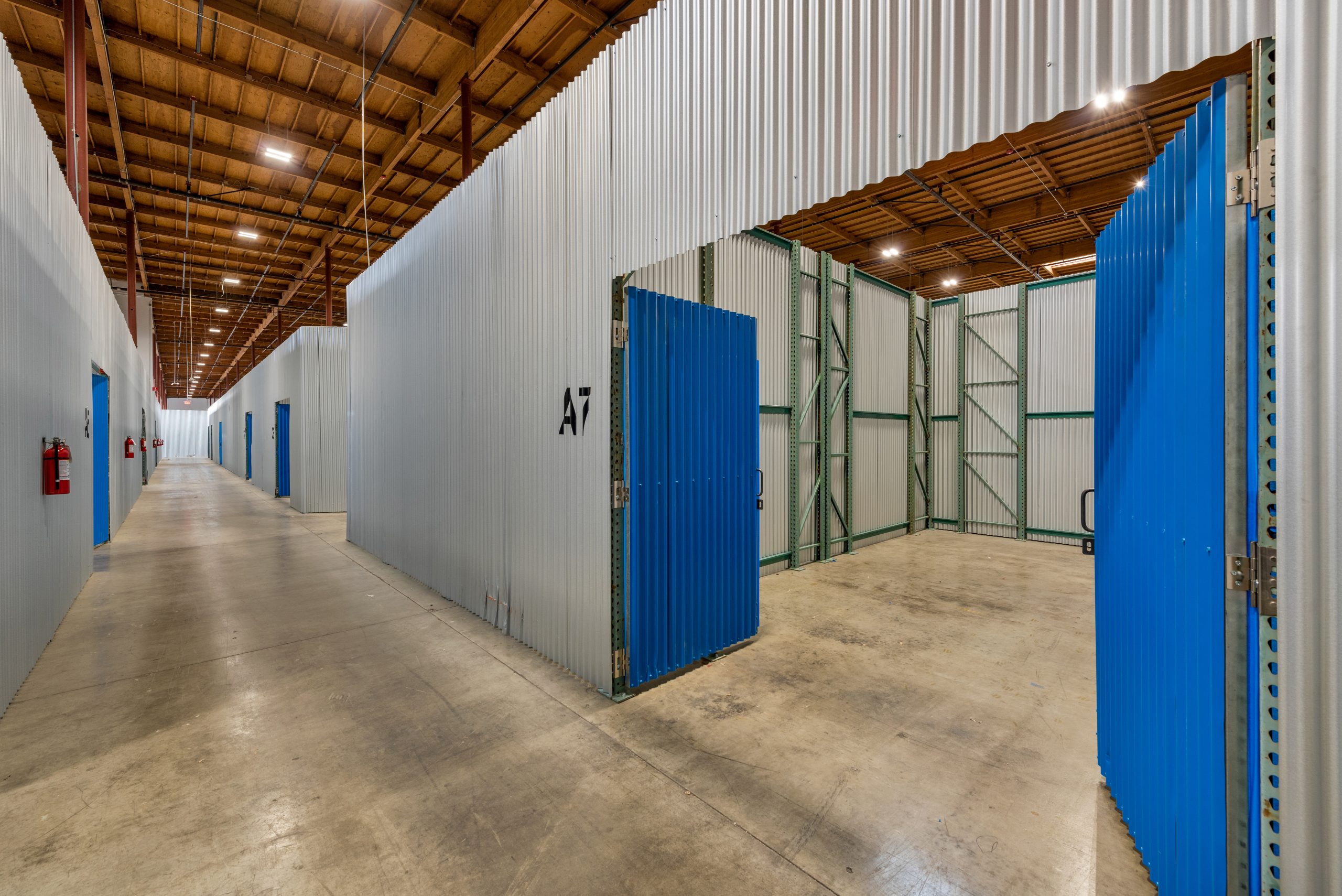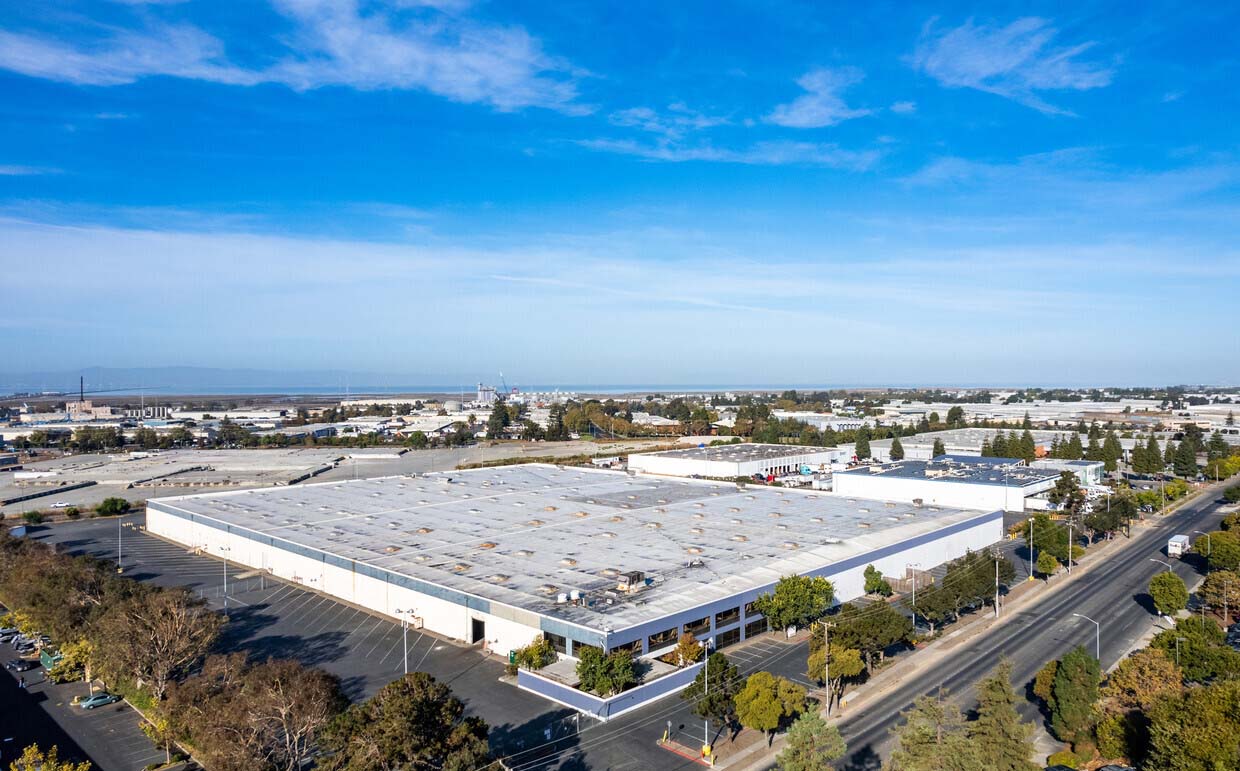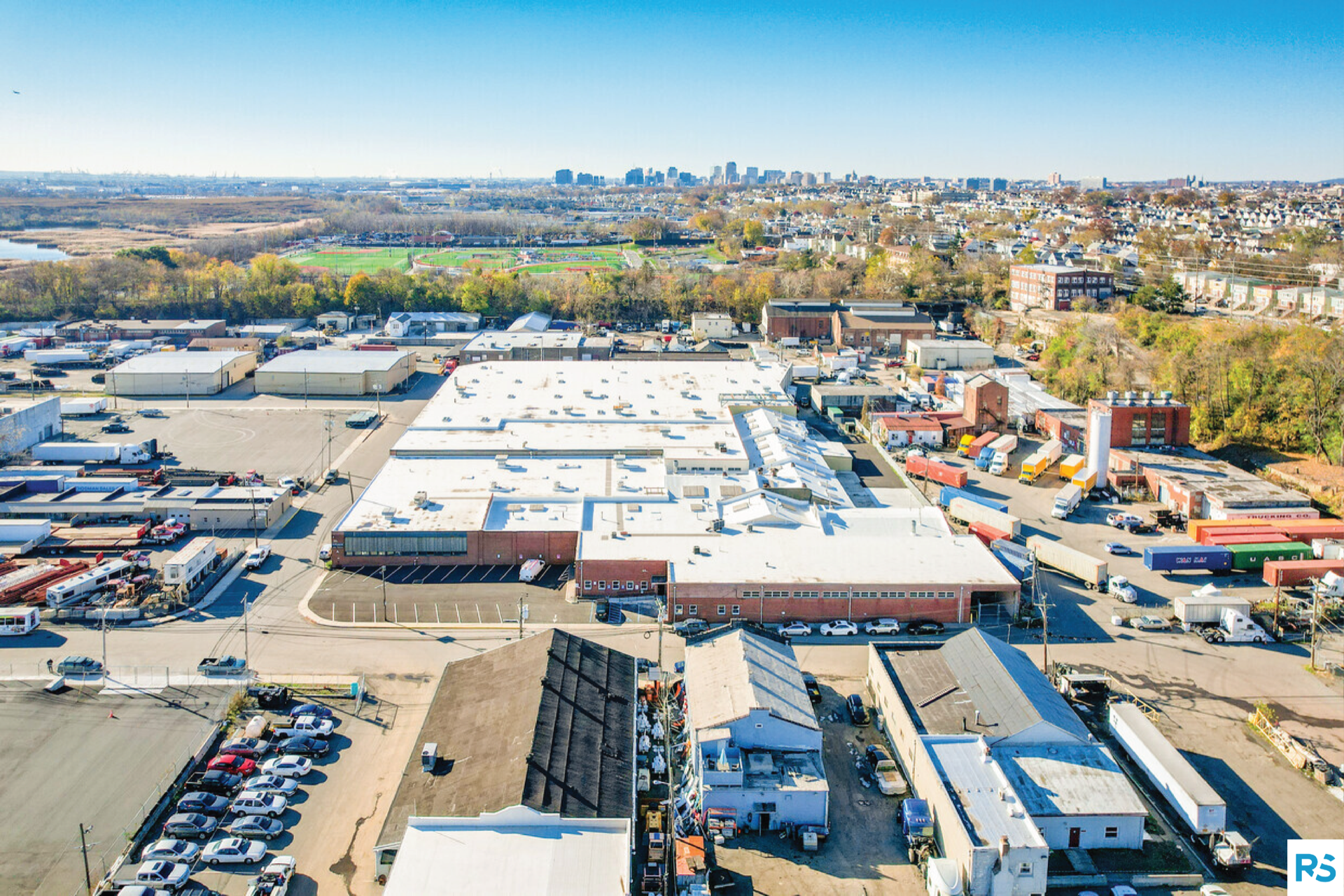Charlotte: Where Banking Meets Logistics in the Queen City’s Industrial Revolution
Charlotte’s transformation from banking capital to logistics powerhouse accelerates into 2025, as record-breaking airport traffic of 58.8 million passengers collides with an industrial market experiencing its most dramatic expansion in history. While vacancy rates climb to 7.3%, savvy small businesses are discovering that Charlotte’s oversupply of mega-warehouses masks extraordinary opportunities in the small-bay industrial spaces where the real action happens.
The Queen City’s economy tells two stories simultaneously: Fortune 1000 giants like Bank of America and Truist anchor a financial sector that added 59,200 jobs since 2019, while a new breed of e-commerce and logistics companies reshape the industrial landscape with 10.9 million square feet under construction. At $9.66 per square foot NNN, Charlotte’s industrial rates offer small businesses a rare arbitrage opportunity big-city infrastructure at small-town prices.
FACT BOX: Charlotte’s Industrial Transformation
- Population Growth: 152,600 new residents (2022-2023)
- Women-Owned Business Growth: 2nd nationally
- Average Warehouse Rate: $9.66/SF NNN
- Airport Cargo Volume: 195,000+ tons annually
- Distance to 50% of US: One day’s drive
- Small Business Lending: Prime + 2% through Carolina Fund
- Corporate Relocations: $458M+ in recent investments
- Job Creation Pipeline: 68,100 net new jobs
The Amazon Effect Reshapes Charlotte’s Last Mile
Amazon’s aggressive Charlotte expansion tells the story of a market in transition. The e-commerce giant’s new same-day delivery facility in Kannapolis joins a network processing 6.3 billion parcels nationally a 7.3% surge that’s fundamentally rewiring how Charlotte moves goods. While traditional carriers FedEx and UPS see volumes decline, nimble small businesses are filling the void with specialized delivery services, micro-fulfillment centers, and reverse logistics operations that didn’t exist five years ago.
But here’s what most miss: Carolina Beverage Group just leased 386,000 square feet while Mann + Hummel Filtration renewed 541,609 square feet in Gastonia in Q4 2024 alone. These aren’t speculative plays; they’re operational expansions by companies betting on Charlotte’s logistics future. The pattern reveals opportunity: large users lock in space while small businesses can negotiate favorable terms in the shadows of these mega-deals.
Corporate Giants Create Small Business Gold Rush
DetraPel’s headquarters relocation isn’t just another ribbon-cutting; it’s a 40,000-square-foot PFAS-free coatings facility in southwest Charlotte that signals the city’s evolution into advanced manufacturing. When Alpitronic America drops $9.3 million on a Westpark Drive headquarters for EV charging infrastructure, it will create 300 engineering positions, an entire ecosystem of suppliers, service providers, and specialty logistics companies.
The real headline? A sustainable packaging manufacturer just signed Charlotte’s largest lease of 2024: 691,275 square feet at Legacy Park East in Rock Hill. Avison Young brokered this deal at 2087 Williams Industrial Boulevard, proving that even in a softening market, quality space commands premium activity. Every mega-lease creates dozens of opportunities for small businesses to capture overflow demand, service contracts, and specialized logistics needs.
The Billion-Dollar Airport Bet Changes Everything
Charlotte Douglas International’s transformation reads like an infrastructure wish list: $241 million for Concourse A Phase II, adding 10 gates, a $1 billion fourth runway stretching 10,000 feet by 2027, and passenger traffic hitting 232 million in H1 2024, up 12.1% year-over-year. This isn’t just expansion; it’s Charlotte declaring itself the Southeast’s undisputed logistics hub.
The airport now serves 186 destinations including 39 international routes, but here’s the insider play: Scannell Properties just acquired 18.34 acres in Huntersville for $1.467 million, planning 150,000 square feet of industrial flex off I-77’s Gilead Road exit. Smart developers follow infrastructure money, and Scannell’s bet signals where opportunity lies. Meanwhile, Prologis quietly controls 40 properties totaling 7 million square feet with another million in the pipeline they’re not leaving Charlotte anytime soon.
Infrastructure Advantage: Charlotte’s Unfair Competitive Edge
The $346 million investment in the I-485 Express Lanes project, which covers 17 miles from I-77 to U.S. 74, is expected to be completed by winter 2025. This project will fundamentally alter logistics economics for the Airport/West submarket. It’s not just about traffic flow; it’s about making Charlotte Douglas accessible to every corner of the metro, turning previously secondary locations into prime industrial territory.
Geography made Charlotte a crossroads at the I-77/I-85 intersection, but infrastructure makes it unstoppable. The I-485 outer loop eliminates cross-town congestion while the North Carolina Railroad’s 317-mile corridor provides port access without coastal prices. Two Class I railroads operate 2,650 miles of track from this hub, creating multimodal options that explain why asking rents jumped 7% year-over-year in Q4 2024, with airport-adjacent properties commanding the highest premiums.
The Great Small Business Equalizer
Charlotte’s support ecosystem reads like a small business wish list. The Carolina Small Business Development Fund’s prime-plus-2% loans up to $75,000 make equipment purchases feasible. The Job Development Investment Grant program’s 12-year cash grants turn expansion dreams into reality. When Mecklenburg County offers 75% reimbursement of personal income taxes for qualifying projects, it’s recognition that small businesses drive employment growth.
But the real story emerges in the numbers: Charlotte absorbed 3.1 million square feet in 2024 despite only 1.8 million square feet slated for H2 2025 delivery. This supply constraint creates negotiating leverage for prepared businesses. Central Piedmont Community College’s customized training programs mean your warehouse workers arrive job-ready, while North Carolina’s planned elimination of corporate income tax by 2030 ensures today’s investments compound for decades.
2025 Playbook: Where Opportunity Meets Strategy
The smart money follows clear patterns in Charlotte’s evolving industrial landscape. South End’s creative warehouse conversions attract tech-savvy logistics startups. The airport area’s proximity to intermodal facilities makes it prime territory for time-sensitive operations. Concord’s new developments offer modern facilities at competitive rates, while Rock Hill emerges as the dark horse with massive absorption capacity.
Charlotte’s industrial market in 2025 isn’t about finding space, it’s about finding the RIGHT space at the RIGHT time. The 7.3% vacancy rate that spooks some investors creates opportunity for others. The flight to quality as tenants abandon older facilities for new construction leaves behind perfectly functional spaces at discount rates. The emergence of coworking logistics facilities brings enterprise-level infrastructure within reach of bootstrap budgets.
As North Carolina’s economy powers toward $838.7 billion in real GDP, Charlotte stands at the intersection of old economy stability and new economy dynamism. The city that processes 195,000+ tons of air cargo annually while maintaining a day’s drive to half of America’s population offers something increasingly rare: genuine opportunity backed by real infrastructure, billion-dollar investments, and proven migration patterns. For small businesses ready to ride this wave, the Queen City’s industrial revolution has just begun.


